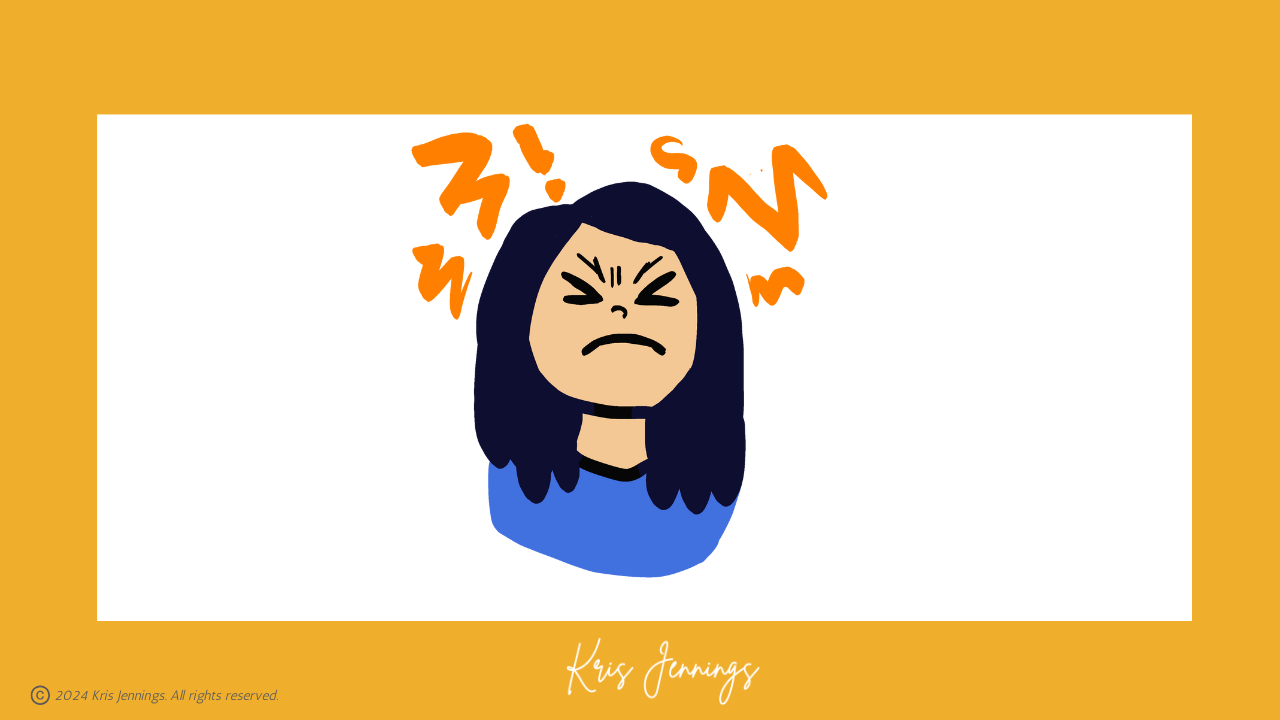
Using "Fight" in a positive way during change
Nov 20, 2024For the last several weeks, I’ve had many moments of frustration.
I detest how polarizing a two-party system has become in America.
Please keep reading….this message isn’t about who I voted for.
It’s about anger and the biological purpose anger serves: to Fight.
Anger plays an important role during change as it’s often the catalyst that gets people to DO something, whether to start raising constructive questions and issues or to undermine an effort behind the scenes.
Anger gets people going.
Our politicians know that. They’ve been using it as a motivation strategy to nudge undecided voters for decades.
“Change” in a political sense is a compelling platform.
Unfortunately, when it comes to politics, the angry voices have gotten louder, and the sound bites even more sensational, trying to influence Americans out of apathy and into action. Meaningful dialogue gets lost in a culture with short attention spans.
I don’t like how I feel when I consume this angry content—from either side. The anger activates my sympathetic nervous system response. Biologically, this response developed in humans to protect us from danger. Hormones like cortisol and adrenaline flood the body to help it run faster, see better, and become temporarily stronger.
My body fills with hormones, which creates an abundance of anxious energy. I feel jittery and on edge, quick to react.
This is a protective state. Anger is not about connecting with others, it’s about distance. Which is why I really dislike American politics at the moment. It's about division and separateness.
Ironically, the anger makes me want to opt out of politics (the flight portion of the sympathetic response).
So I was quite aware this week when I voted that I needed to cast a ballot as a constructive action. I also needed to honor my nervous system by supporting myself to navigate out of a sympathetic response back to safety and connection (ventral state).
Anger serves a purpose in motivating and energizing the body into action, but it’s equally important to notice and name it so you can let it go and return to connectivity. That return helps me make wiser choices about what to DO with excess energy:
- Ask more questions to understand
- Express my POV (i.e. write a newsletter)
- Decide on a way I can contribute (money, time, talents)
I can talk to anyone about their politics in that calm place. Mastering change is mastering emotions, starting with noticing my inherently human response to them. I don't need to keep replaying the anger to do something productive.
Get smarter about change
Love these articles? Get them sent directly to your inbox.
No more hunting for good ideas to make change easier....from a trusted source.
We hate SPAM. We will never sell your information.

